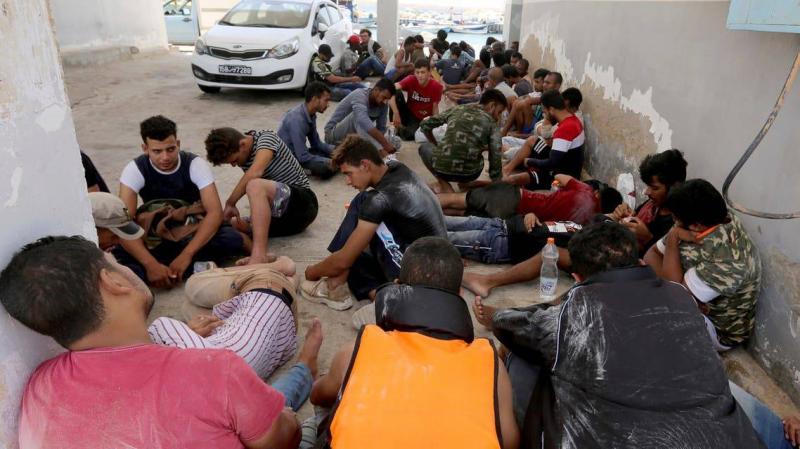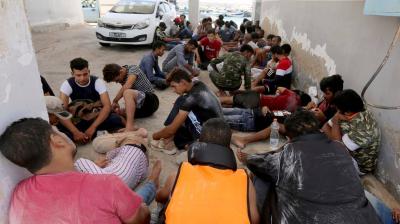As more desperate individuals risk migration attempts to cross the Mediterranean Sea to Europe through illegal routes, putting their lives at risk, the numbers of those intercepted by the Libyan Coast Guard are rising, reaching into the thousands. However, the paradox lies in the official records at detention centers, where the number of these detainees is suspiciously low, raising concerns among international organizations. A representative from the UN migration agency expressed fears about the disappearance of thousands of migrants heading to Europe who were intercepted and returned to Libya. Safaa Mishali, spokesperson for the International Organization for Migration, told the Associated Press, "Libyan Coast Guard personnel, who receive funds from the European Union, have intercepted more than 24,000 migrants heading to Europe in the Mediterranean Sea so far this year, including over 800 just this week." However, she clarified that only 6,000 have been registered in official detention centers in the North African country, noting that the fate and whereabouts of thousands of other migrants remain unknown.
Human Traffickers
She further warned that these individuals risk becoming victims of gangs, stating, "We fear that many of them might end up in the hands of criminal gangs and human traffickers, while others are being extorted for their release." It is noteworthy that the number of migrants intercepted and returned to Libya this year has more than doubled compared to 2020, when over 11,890 were returned to shore.
Abuses and Extortion
Often, those returned to shore are taken to government detention centers, where they face abuse and extortion for ransom under the gaze of UN officials. They are also held in extremely poor conditions. Additionally, multiple allegations have been recorded against guards for sexually assaulting female migrants in at least one government-run detention center. So far this year, over 1,100 migrants have been reported dead or presumed dead in various boat incidents and wrecks off the coast of Libya, compared to at least 978 who met the same fate throughout all of last year, according to the International Organization for Migration.




